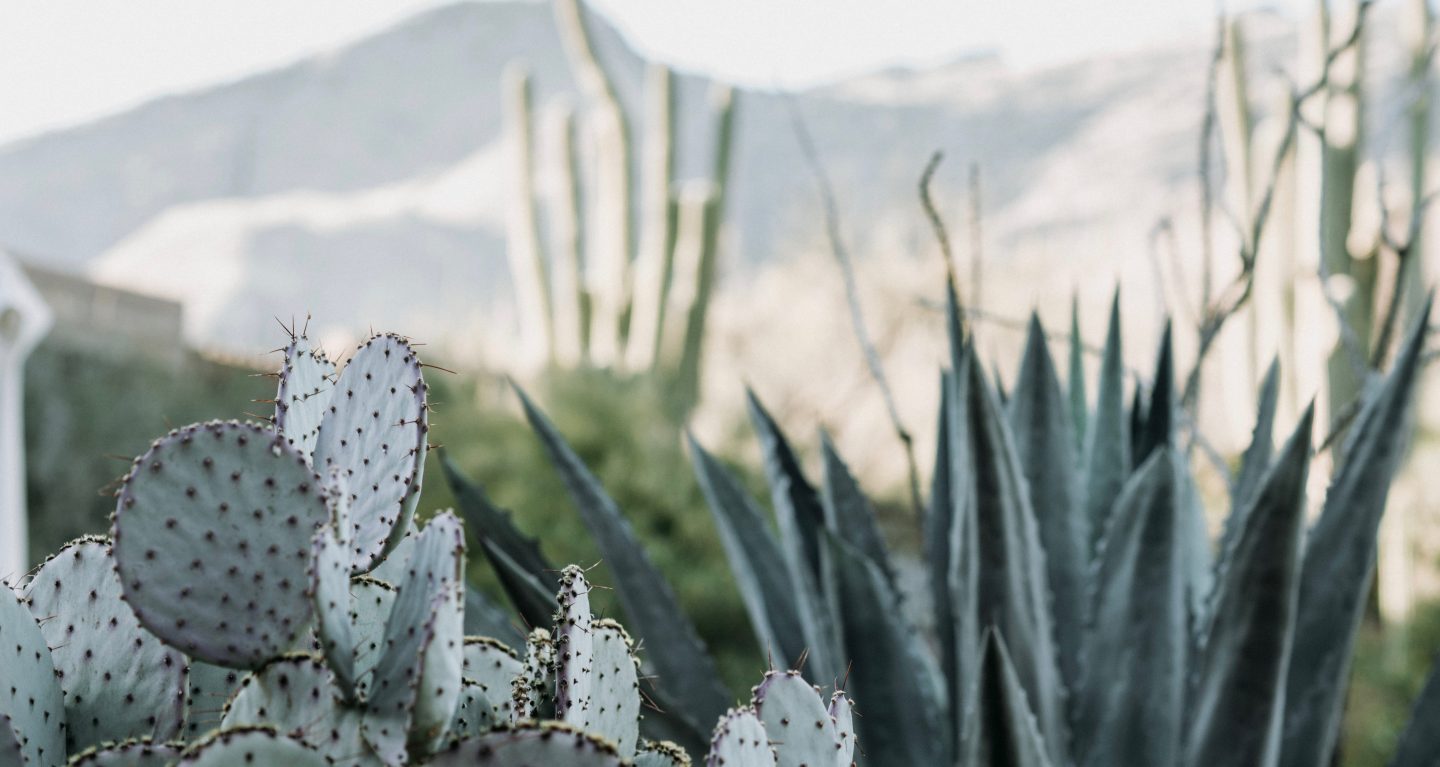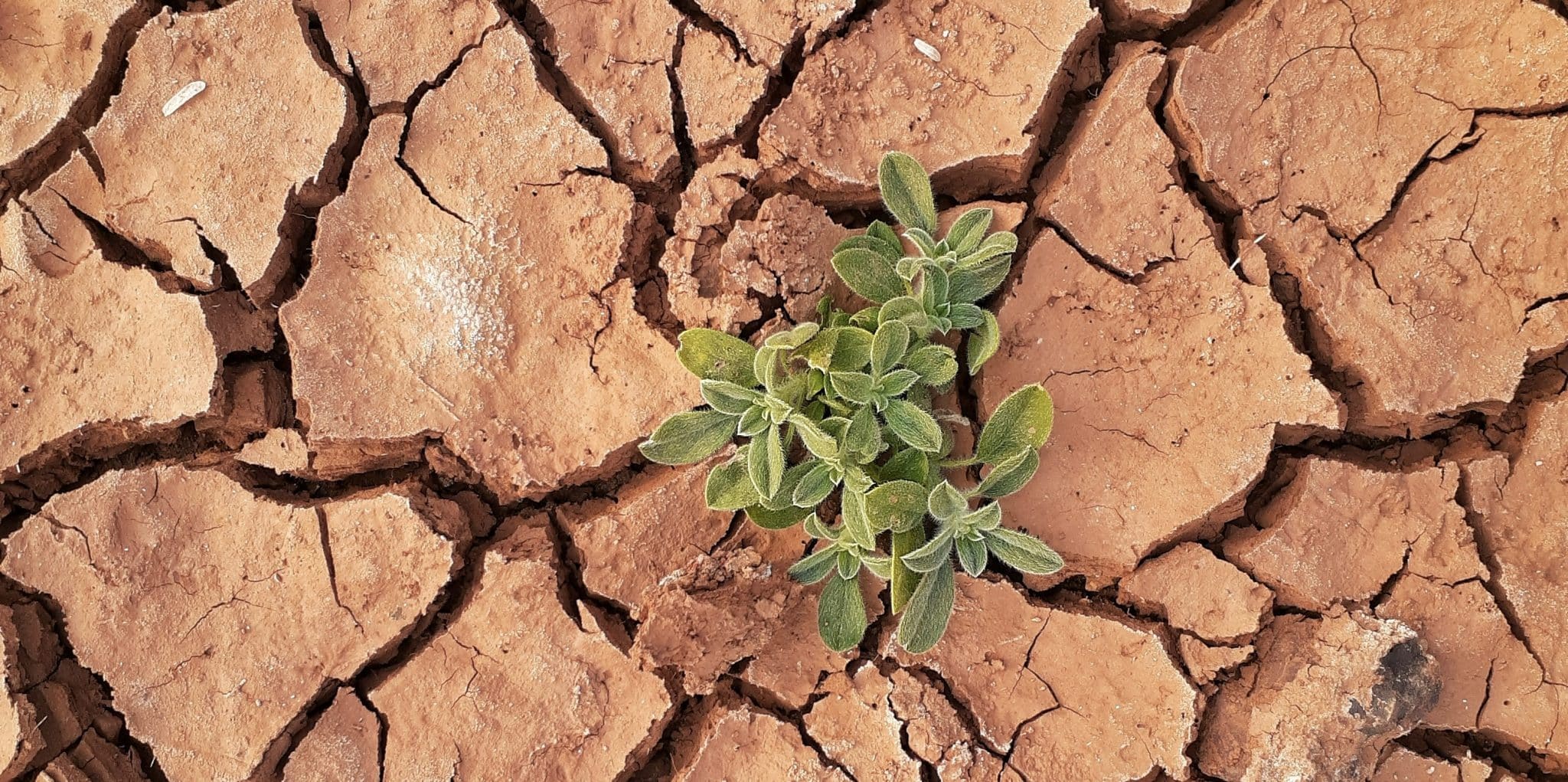
Photo by zelle duda on Unsplash.
Where were you when I laid the foundation of the earth? When the morning stars sang in chorus, and all the sons of God shouted for joy?
These are just two of the long list of questions asked of the ancient character Job.
God’s interrogation bursts forth like thunder, breaking God’s long, unnerving silence with a clap that seems to drown out Job’s outpour of grief.
I can read them as a harsh sting, as a silencing gavel to Job’s anguish and objections, akin to the response of an exasperated parent putting an end to the child’s inquisitive clamouring with the trump card of a louder, final sovereignty: Because I’m the parent, that’s why.
It is God as Creator imagined something more like God as tyrant.
Beauty of the created world
Our imagining of God is often a complicated collection of stories, images, memories, and emotions, some of which may well be more accurate – or heightened in our minds for whatever reason – than others.
God planted a garden in Eden to the east. God, the gardener.
I long read God’s response to Job’s pain and questions with the sting of an angry or weary parent. It was the imagination of another that helped me ask: What if these words aren’t said angrily, but with gentle lament for the created world in the life of even one wilting soul?
What if these words respond to both the vast pain of creation where it groans in need and the vast beauty of creation where it remains a wonder of good?
Such questions thunder quite a bit differently.
A theology professor of mine who grew up farming speaks readily about the creation of the world through the landscape of gardening. I remember the first time I heard him simply read from the creation story.
As he read aloud and commented on the story, it was as if I was hearing it again for the first time. Parts of it, I am certain, I had never heard before.
Genesis 2, the account of creation that Christians and Jews hold as sacred text, says that God planted a garden in Eden to the east.
God, the gardener.
The thrill of fruit
I can’t say that I have ever heard a sermon about creation as gardening, the Creator of the world as “Gardener”.
God as gardener, the intimate vision at creation’s beginning, can be traced throughout the Bible.
I had never considered what such an identity of God might mean to me or to the world around me. Yet here is one of the first passages in the Bible where we are introduced to who God is — and God is not a warrior or a judge or even a sovereign, but first, a gardener, a nurturer of all life, protector and planter, a designer, keeper, and pruner concerned with life’s flourishing.
My own experiences with gardening bring to mind an entirely different set of emotions and dispositions than I typically consider God as having: Delight in dirty hands, my own investment into the life I’ve planted, the thrill of fruit, the gentle attention to life, the compilation and cooperation with so many different factors — wind and rain, sun and predators — and the pleasure of simply being near it all.
I find that when I am most weary of the despair and injustice of the world, my garden gives me an inexplicable hope.
Held in careful Hands
“Gardens are a form of autobiography,” someone said. God as gardener, the intimate vision at creation’s beginning, can be traced throughout the Old Testament, in the psalms, and in the prophets. Jesus, too, concurs: “I am the true vine, and my Father is the gardener.” (John 15:1)
God as gardener, whose deepest concern is life’s flourishing, makes a clear case.
Such a reading of the world’s creation and the thought of a gardener tending to me, stirs a response akin to that of the man after God’s own heart: When I survey this vast world, the work of your fingers, the moon and the stars and all that you have established, what are mortals that you are mindful of us, human beings in whatever state of despair or joy or smallness that you care for us with the loving eye of a gardener?
Magnificent and intimate, powerful and gentle, God as gardener, whose deepest concern is life’s flourishing, makes no clearer a case than in Easter’s undoing of death and the vicarious humanity of the resurrected Son.
How unmistakably fitting that the place of the tomb and resurrection is also described as a garden, and Jesus himself is mistaken as the gardener on that creative morning (John 20:15).
This Maker of all creation, the Gardener who carefully tends to the world and the signs of its groaning, is surely at work even now making all things new (Revelation 21:5).
This article was first published on A Slice of Infinity, a ministry of Ravi Zacharias International Ministries, and has been republished with permission.
Reflection and Discussion
- Have you considered what it might mean to you to recognise God as a gardener?
- What sort of response stirs in your heart when you think of God carefully tending to you as a gardener would tend to his plants?
We are an independent, non-profit organisation that relies on the generosity of our readers, such as yourself, to continue serving the kingdom. Every dollar donated goes directly back into our editorial coverage.
Would you consider partnering with us in our kingdom work by supporting us financially, either as a one-off donation, or a recurring pledge?
Support Salt&Light



